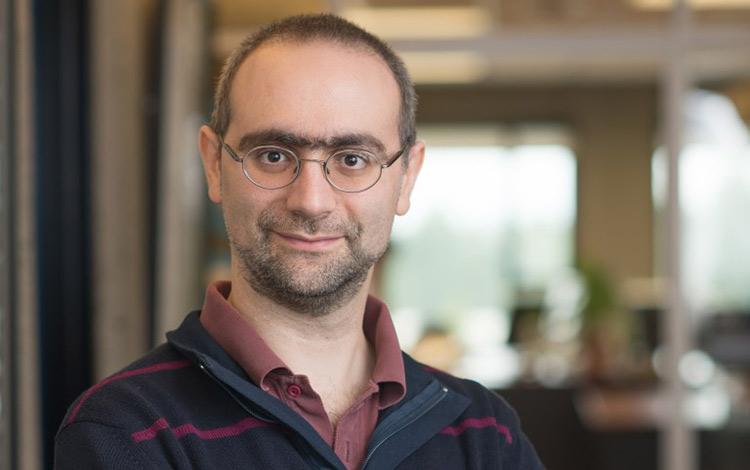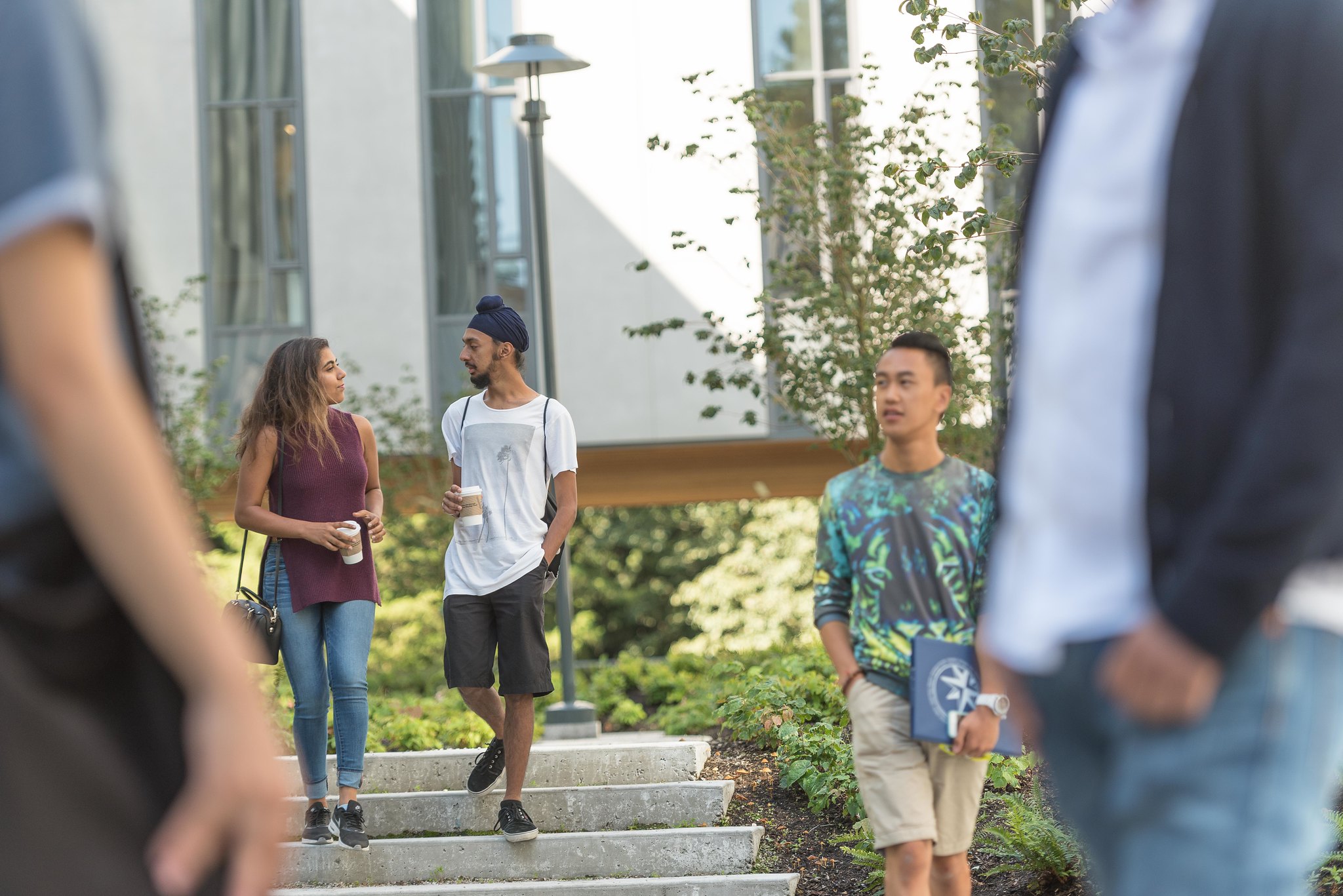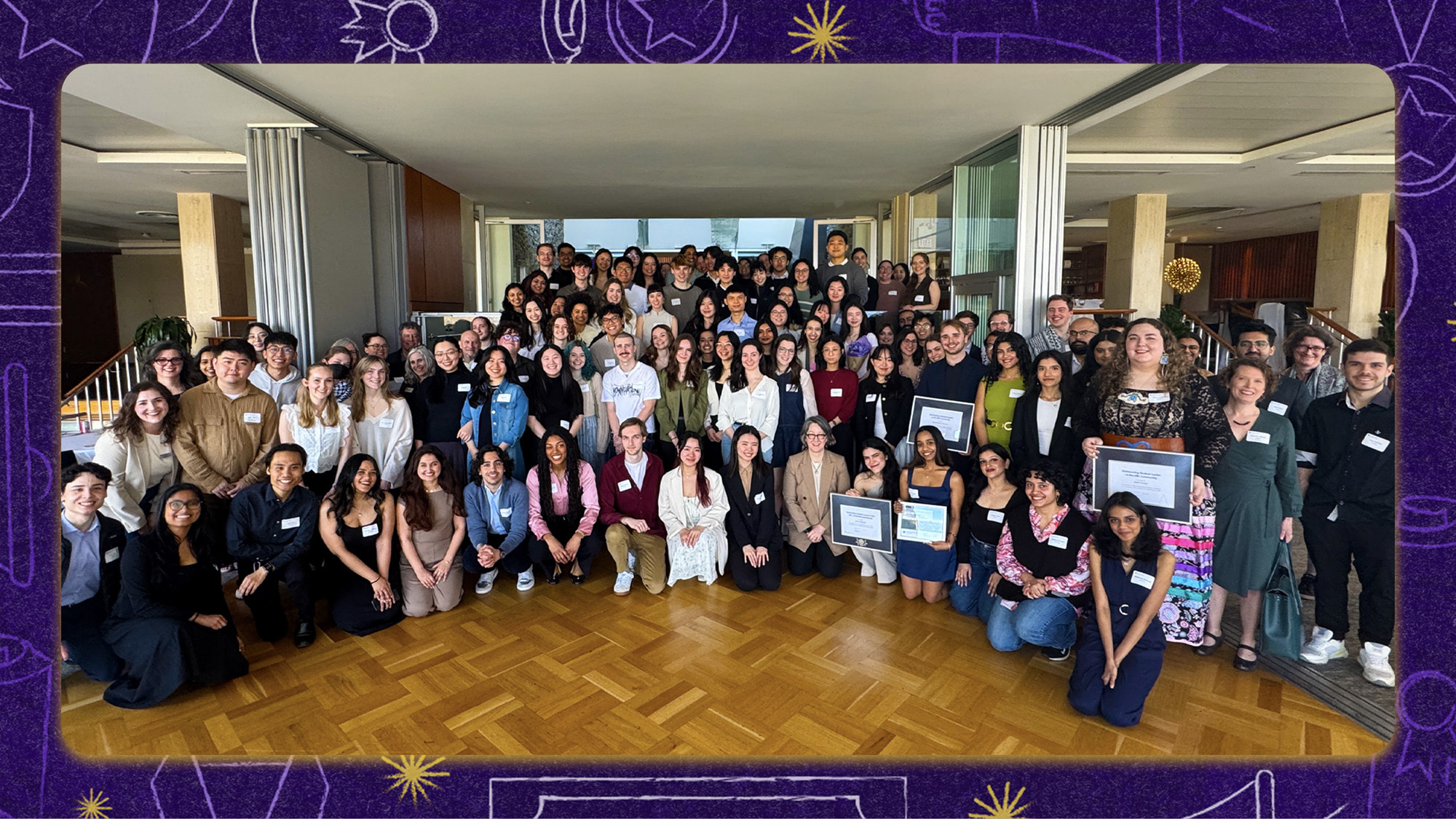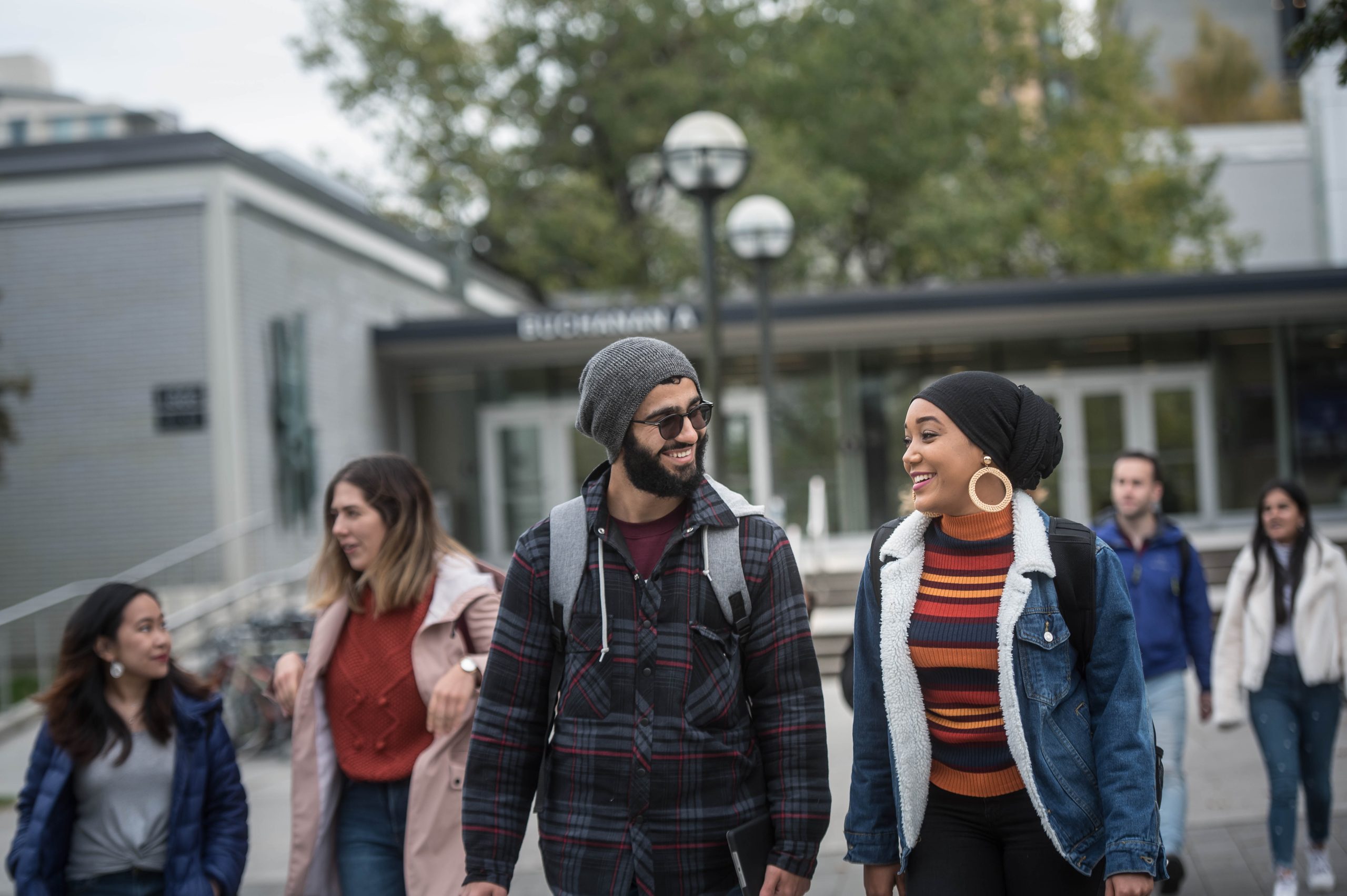

By Meghan Roberts
Economics professor Mauricio Drelichman believes undergraduates make excellent research assistants.
“I have had much better results in many cases with undergraduates,” Drelichman said, “Graduate students do not need to be research assistants to go to bigger and better places; undergraduate students are really hungry for these opportunities.”
Drelichman believes undergraduates are not given enough consideration for research assistant positions. “A lot of [positions] just require clear thinking and attention to detail,” he said, explaining these are skills most undergraduate students already possess.
“It’s amazing with undergraduates because they really get involved. They do a great job because the motivation is stronger.”
Anthony Wray, Honours History and Economics, and Yamila Simonovsky, Honours Economics, had the chance to work with Drelichman on a number of his research projects before they graduated this May.
“The first task that he’s given me is to go through secondary sources on his research related to Philip II in Spain and record any references to military expenditures,” Wray said, explaining he was also required to calculate exchange rates of the many currencies and coinage he was dealing with.
The project Wray is working on has to do with researching the beginnings of sovereign debt. Drelichman believes it to have begun during Philip II’s reign, and is using Wray’s record of military expenses in collaboration with Philip II’s demands for funding to explain its origin.
Wray started working with Drelichman in March and will continue until August. Drelichman is using the funds he received from the Arts Undergraduate Research Award (AURA) to finance Wray’s position. He believes the AURA should be used exclusively to employ students in research positions.
“I have my own grants for my work,” Drelichman said, “This way I can give students the opportunity to participate in research.”
“The AURA award has a huge impact as it […] makes faculty think of undergraduates.”
Simonovsky has worked on several projects with Drelichman. Her most recent task involved comparing a list of modern Spanish cities with a 16th century census. Simonovsky matched cities from the census to modern cities and recorded the population, a task that sometimes required her to use Google maps.
The research Simonovsky conducted helped Drelichman study the impact of Spanish nobility on economic activity. Using her updated lists of Spanish cities, he measured changes as related to the proportion of nobles.
Drelichman aims to make his research positions as meaningful as possible for the students involved, and play to their strengths.
“I involve them in key parts of the research,” he said, “I don’t assign menial tasks like photocopying.”
Simonovsky and Wray were given their opportunities after previously approaching Drelichman in hopes of being employed in research. Although he had no positions available at the time, Drelichman kept the students in the back of his mind. When positions freed up, he immediately thought of Simonovsky and Wray.
“It’s very important that students approach professors if they want to work with projects.” Drelichman asserted.
He also mentioned that these students were given opportunities to work with faculty members at other universities that needed research done in Vancouver. Simonovsky was involved in a project managed by a colleague of Drelichman’s that compared the prices of Safeway in the United States to those in Canada.
Simonovsky and Wray’s research experience came in handy when they were writing their theses, and helped prepare them for their upcoming endeavours in graduate school.
“Both of us are going to grad school in economics,” Wray said, “From that point of view it looks good; but more than that, […] you get that experience working on an intense research project.”
Drelichman was adamant that the best preparation for graduate school comes from experience in research.
“Grad officers have a difficult task identifying people that would produce good research,” Drelichman said from his personal experience as a graduate admissions officer.
Drelichman explained that excellent marks in undergraduate courses do not necessarily indicate that a student is ready for graduate studies: “[Graduate school] is about who can independently formulate and carry out a research project.”
“When you get an admission letter that says this person has research experience, it’s a sure win for admission,” he said.
“Experience speaks more than any transcript or standardized test.”


